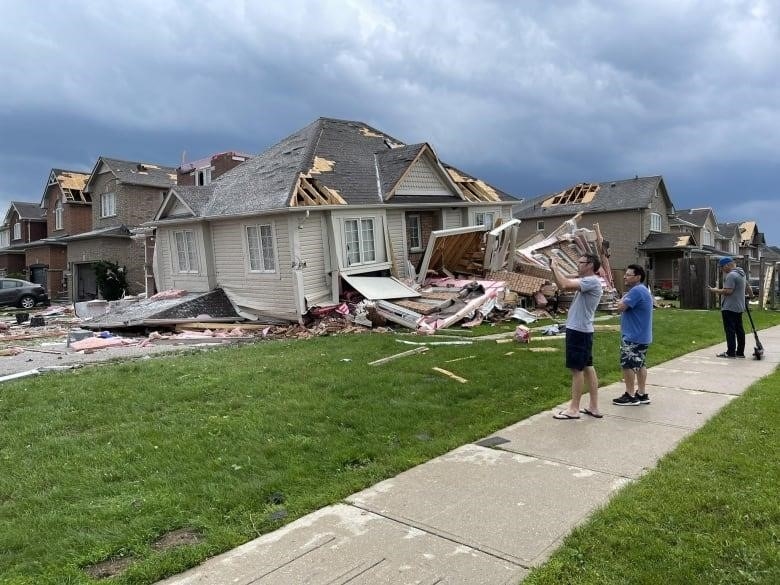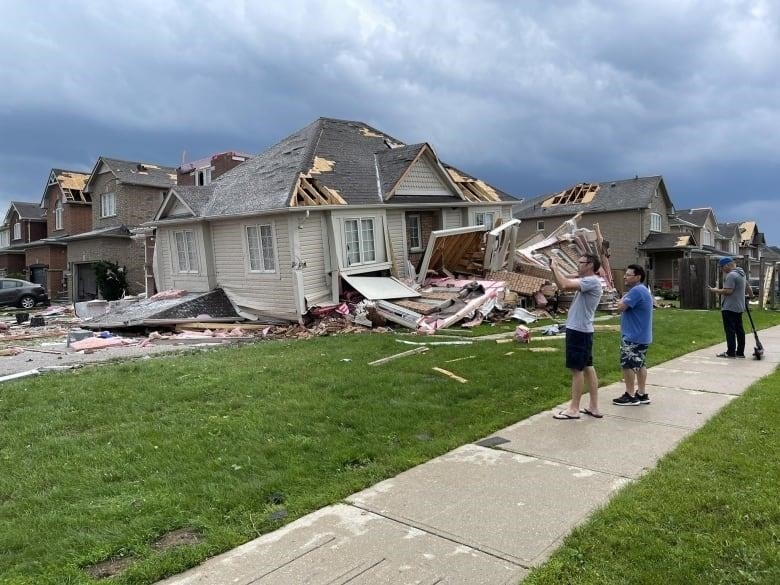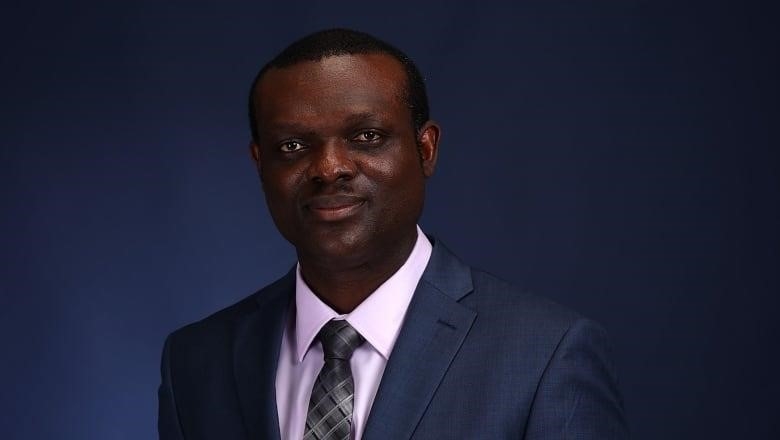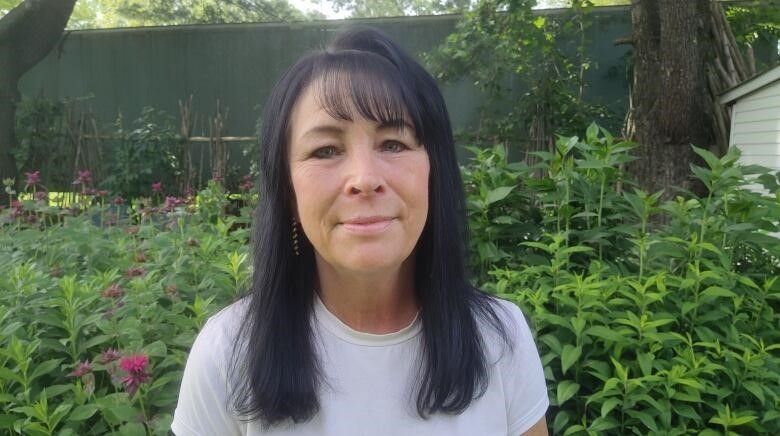
The tornado on July 15, 2021, caused a lot of damage, but most of it has been fixed
Nearly two years after a tornado tore up Christine Corelli-Gowan’s backyard and caused nearly $75,000 worth of damage, her Barrie, Ont. home looks as good as new.
But there are some lasting effects that aren’t physical, like how Corelli-Gowan says she now acts when the weather is bad.
“The weather over the past few weeks has been a little unsettling. It’s gotten to the point where I’m running outside to grab things and bring them inside, and then I’m not sure if I should put them back out or not.” Corelli-Gowan said.
This weekend, it will have been two years since the tornado destroyed parts of Barrie, forcing more than 100 people to leave their homes and causing about $100 million in property damage. But even though most of the physical damage has been fixed, some people in the community are still having trouble with their emotions and minds.
“This time, I wasn’t going to miss any alerts.
When the tornado hit, Corelli-Gowan was at home. Even though it was a normal afternoon, she noticed that her son’s dog looked worried.
“Then I heard something hit my window all of a sudden. I looked, but I didn’t see anything. Nothing was visible. She said, “It was all white.”
She told her kids to go to the basement, and she says it wasn’t until they were there that a tornado warning sounded on her phone.

Corelli-Gowan was able to get counseling in the months that followed, and she says that’s what helped her mostly get over the fear.
“I looked out all the windows every time there was a little wind or a tree moved in a certain way. “This time, no message was going to get by me,” she said. “I was going to get that alert before anyone else.”
What research says about mental health and disaster
Dr. Vincent Agyapong has studied how natural disasters affect mental health. In 2016, he looked at the effects of the terrible wildfire in Fort McMurray. The head of the psychiatry department at Dalhousie University and the chief of psychiatry for Nova Scotia Health Central Zone said that after a disaster, most people’s mental health improves over time.
“But for sure, there are a lot of people whose mental health problems will last for years after the event,” Agyapong said.

Agyapong said that when he and his fellow researchers talked to Fort McMurray residents, they looked at a number of things. These included help from the government, the Red Cross, insurance, and friends and family, as well as age, gender, employment status, and how often people saw images of the disaster after it happened.
“The only important thing we found that helped people’s mental health was that they said they had full support from family, friends, and people in the community,” he said.
Corelli-Gowan said that even though she had lived in Barrie for more than 20 years, she had never felt like a part of the community. But she said that after the tornado, “the sense of community was unreal.”
She said that talking to other people in the area helped a lot as they dealt with the aftermath and insurance claims.
Corelli-Gowan said, “Even if you talk about it with family and friends, if they haven’t been through it, they don’t get it.”
“I’ve never been worried in my life,” he said
Elmvale, which is just north of Barrie, is where Connie Barszcz lives. But two years ago, she was right in the way of the tornado’s destruction. She was dropping off things at a friend’s house, but he wasn’t there. Suddenly, the weather changed, and she had nowhere to go but her car.
“It was a little bit like being in a cotton ball. When you’re in the middle of that, you can’t see anything. Barszcz said, “There was so much broken stuff that the only sound I could hear was when something hit my car and smashed into it.”

She says that after that terrifying event, she had mental health problems for the first time.
“Everyone kept telling me, ‘Oh, you must be so glad to be alive.’ “Well, I’m glad to be alive, but I’m not happy, and I don’t know why,” I said.”I don’t know what’s wrong with me,” Barszcz said.
“I didn’t know it was due to anxiety and depression. I’ve never been afraid of anything before.”
Barszcz said it took her months to get her health insurance to pay for therapy. After seeing a therapist for 13 months, she said she feels like she’s making progress in getting over her anxiety.
She was still in a very bad place at this time last year. But Barszcz has planned a lot for this Saturday so she won’t have as much time to think about that day two years ago.
“It will never be forgotten, but I really feel like this two-year mark has helped me get a lot further.”
